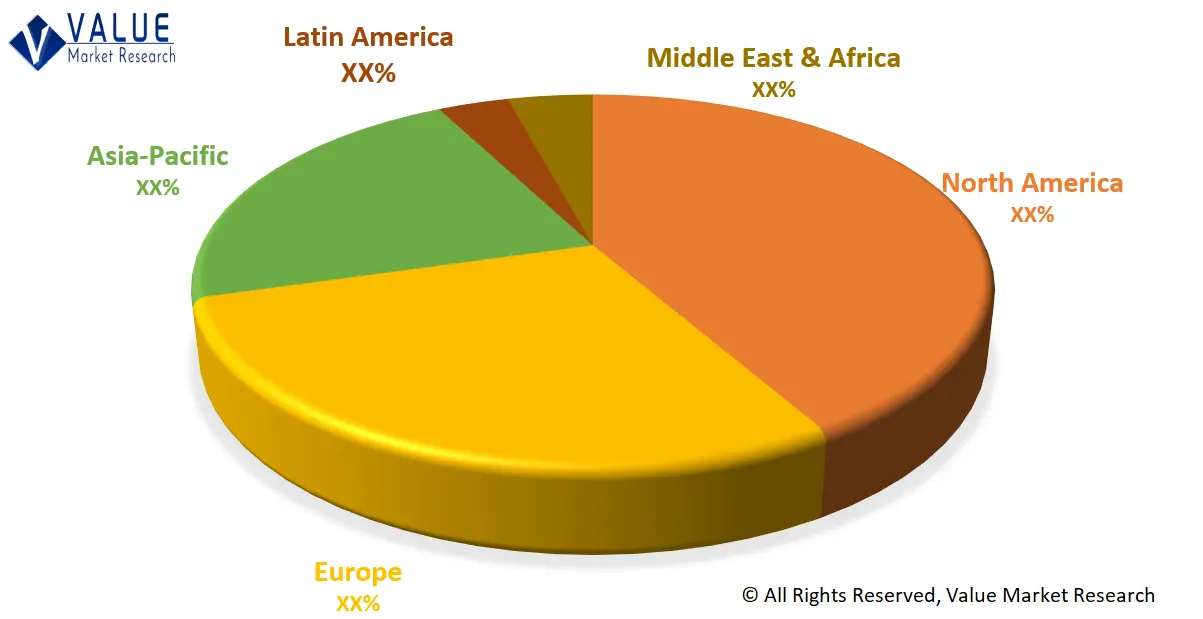The global demand for Wastewater Treatment Chemicals Market is presumed to reach the market size of nearly USD XX MN by 2028 from USD XX MN in 2021 with a CAGR of XX% under the study period 2022 - 2028.
Wastewater treatment chemicals are chemicals used to treat water after first use in domestic or industrial use. These chemicals are used for membrane water treatment, including boiler and cooling. These are widely used in oil & gas, chemical manufacturing, food & beverage and power generation. In other words, wastewater treatment chemicals are the substances used to remove polluted substances from water bodies.
Market Dynamics
The rising industrialization combined with increasing water pollution will have a direct and positive impact on the market growth rate. Moreover, the wastewater treatment chemicals market is expected to witness promising growth owing to the increasing adoption of saline water treatment to fulfil the growing water demand. The increase in end-use industries such as pharmaceuticals, power, pulp, & paper, food & beverages, dairy, oil & gas, and refineries are likely to propel the market size. Furthermore, the growing awareness about reducing water pollution, reusing water, and purifying water is boosting the growth of the wastewater treatment chemicals market. In addition, growing environmental concerns will also drive market growth. However, the high installation and operating costs may hamper the growth of this market.
The research report covers Porter's Five Forces Model, Market Attractiveness Analysis, and Value Chain analysis. These tools help to get a clear picture of the industry's structure and evaluate the competition attractiveness at a global level. Additionally, these tools also give an inclusive assessment of each segment in the global market of wastewater treatment chemicals. The growth and trends of wastewater treatment chemicals industry provide a holistic approach to this study.
Market Segmentation
This section of the wastewater treatment chemicals market report provides detailed data on the segments at country and regional level, thereby assisting the strategist in identifying the target demographics for the respective product or services with the upcoming opportunities.
By Chemicals
- Coagulants & Flocculants
- Corrosion & Scale Inhibitors
- Biocides & Disinfectants
- Chelating Agents
- Others
By End Use
Regional Analysis
This section covers the regional outlook, which accentuates current and future demand for the Wastewater Treatment Chemicals market across North America, Europe, Asia-Pacific, Latin America, and Middle East & Africa. Further, the report focuses on demand, estimation, and forecast for individual application segments across all the prominent regions.
Global Wastewater Treatment Chemicals Market Share by Region (Representative Graph)

The research report also covers the comprehensive profiles of the key players in the market and an in-depth view of the competitive landscape worldwide. The major players in the wastewater treatment chemicals market include BASF, Nalco-Ecolab, BWA Water Additives, AkzoNobel, Thermax, Hydrite Chemical, The Dow Chemical Company, Carus Corporation, GE Water & Process Technologies, Lonza Group. This section consists of a holistic view of the competitive landscape that includes various strategic developments such as key mergers & acquisitions, future capacities, partnerships, financial overviews, collaborations, new product developments, new product launches, and other developments.
In case you have any custom requirements, do write to us. Our research team can offer a customized report as per your need.

